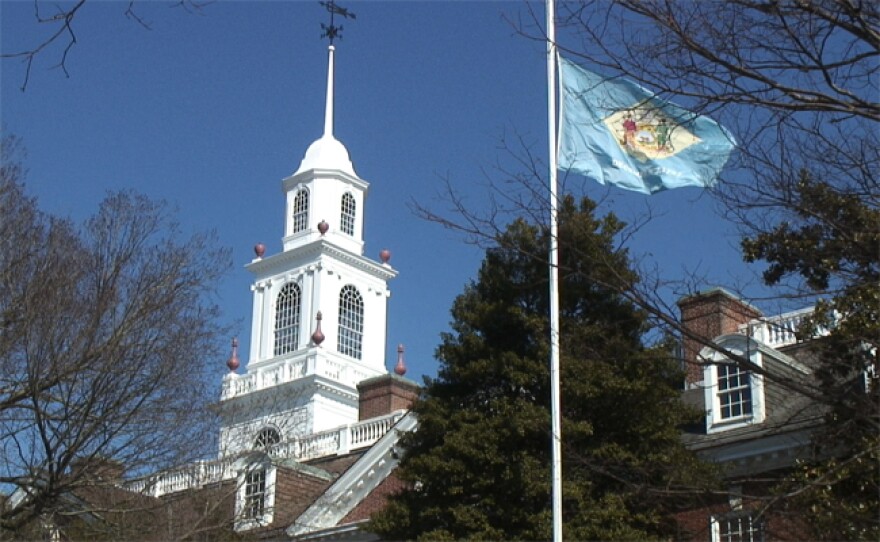The state representative pushing a bill to allow local school boards to raise taxes without a referendum says it’s part of his plan to ensure education is properly funded into the future.
The proposal from Rep. Earl Jaques (D-Glasgow) has been talked about for years – usually in a quiet corner of Leg Hall to avoid being overheard.
The draft bill would allow districts to raise taxes up to three percent, or based on inflation every two years without going to the ballot box.
Critics of the plan say it axes one of the few avenues Delawareans have to directly vote on policy, but Jaques says they still have recourse – albeit after any potential tax increase.
“If they are not happy they vote out their school board members. That’s the way it’ll be. They’re held accountable for that because they should be held accountable for referendums as they are now,” he said.
The state’s largest teachers union says it doesn’t have a position on the bill, but notes it could be part of a much needed long-term fix.
“We have been on the brink of this for a while, but now we’ve really hit it,” said Fredericka Jenner, president of the Delaware State Education Association.
Jenner notes the state’s revenue problems have hamstrung budget writers since the 2008 financial crisis.
With the state facing a projected $382 million shortfall, Gov. John Carney (D) proposed cutting $37 million from Delaware’s $1.4 billion education budget.
School boards could make up $22 million of that by approving a one-time tax increase Carney calls a “match tax.”
Lawmakers say such a move could doom future tax referendums.
But Jenner says it shouldn’t be such a scary option.
“Now that we’re considering whether or not to do a match tax increase everybody is up in arms, like, ‘Oh my gosh this could hurt referendums.’ Well, I think it’s time to take the referendum handcuffs off of school districts,” she said.
Carney himself hasn't discussed the proposal with Jaques, according to his spokesman, Jonathan Starkey.
"As a general matter, the Governor believes that the state must explore new ways to fund the long-term cost of education, which now accounts for more than a third of total state spending," Starkey said.
Jaques is even looking at taking what could be an even more controversial step – consolidating Delaware’s 19 school districts down to three.
Doing so, he says, would cut administrative costs and give districts more leverage when buying supplies like textbooks.
“We can conserve and save a lot of money,” said Jaques. “We have to start thinking that way.”
He says he’ll soon introduce a bill establishing a task force to study the issue.
State officials last attempted to consolidate districts in 1978 in New Castle County, but soon abandoned the plan. A similar effort in 1919 statewide met a similar wall.
Both bills are expected to be introduced next month.
A growing number of lawmakers have begun calling for all three counties to reassess property values – which in some cases haven’t been updated since the 1970s.
The state covers between 60 and 65 percent of school district costs. Districts cover the rest through local property taxes.
The topic has even boiled over into court decisions.
Just this week, a Chancery Court judge found Red Clay School District violated state election laws during a 2015 referendum.
But Vice Chancellor Travis Laster found the district acted out of desperation that “…stems from dysfunction in Delaware’s system for funding public schools.”
Because of that, Laster declined to order voters back to the polls, instead calling on lawmakers to fix the underlying problem.




